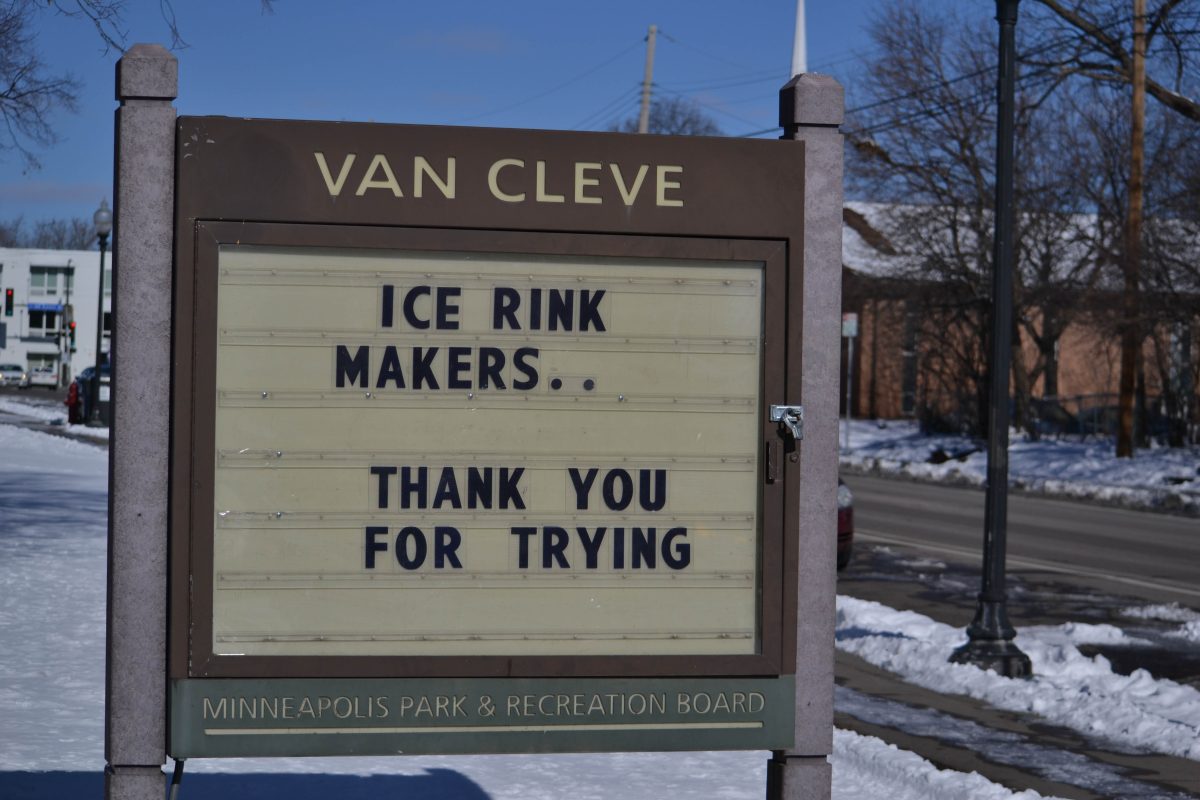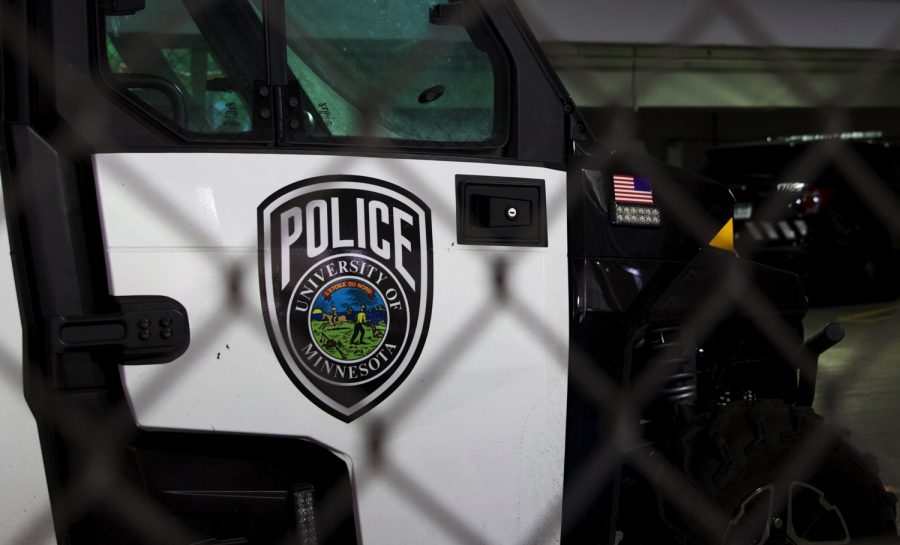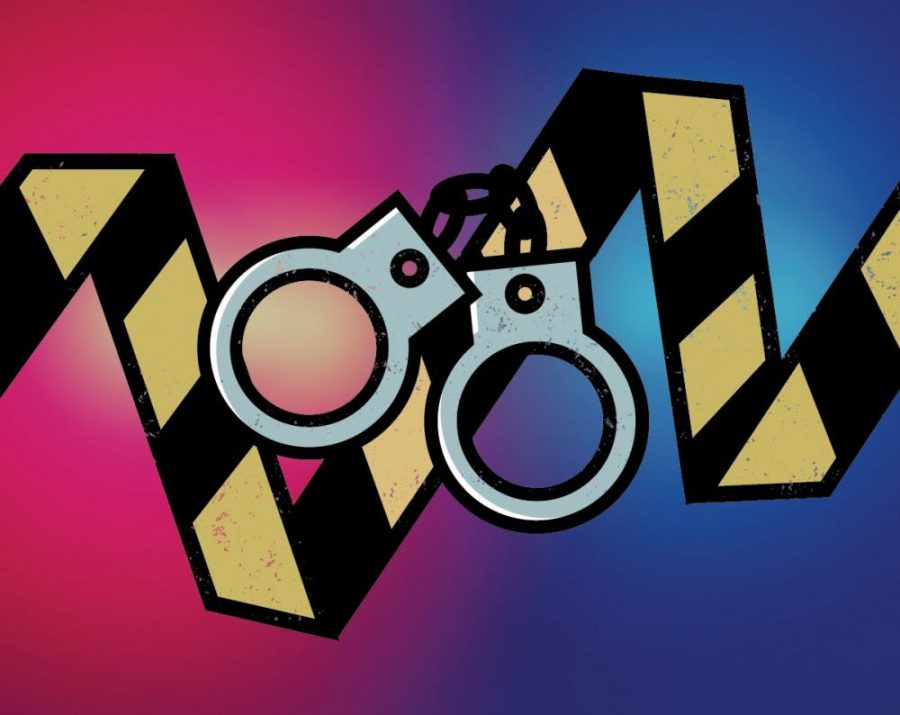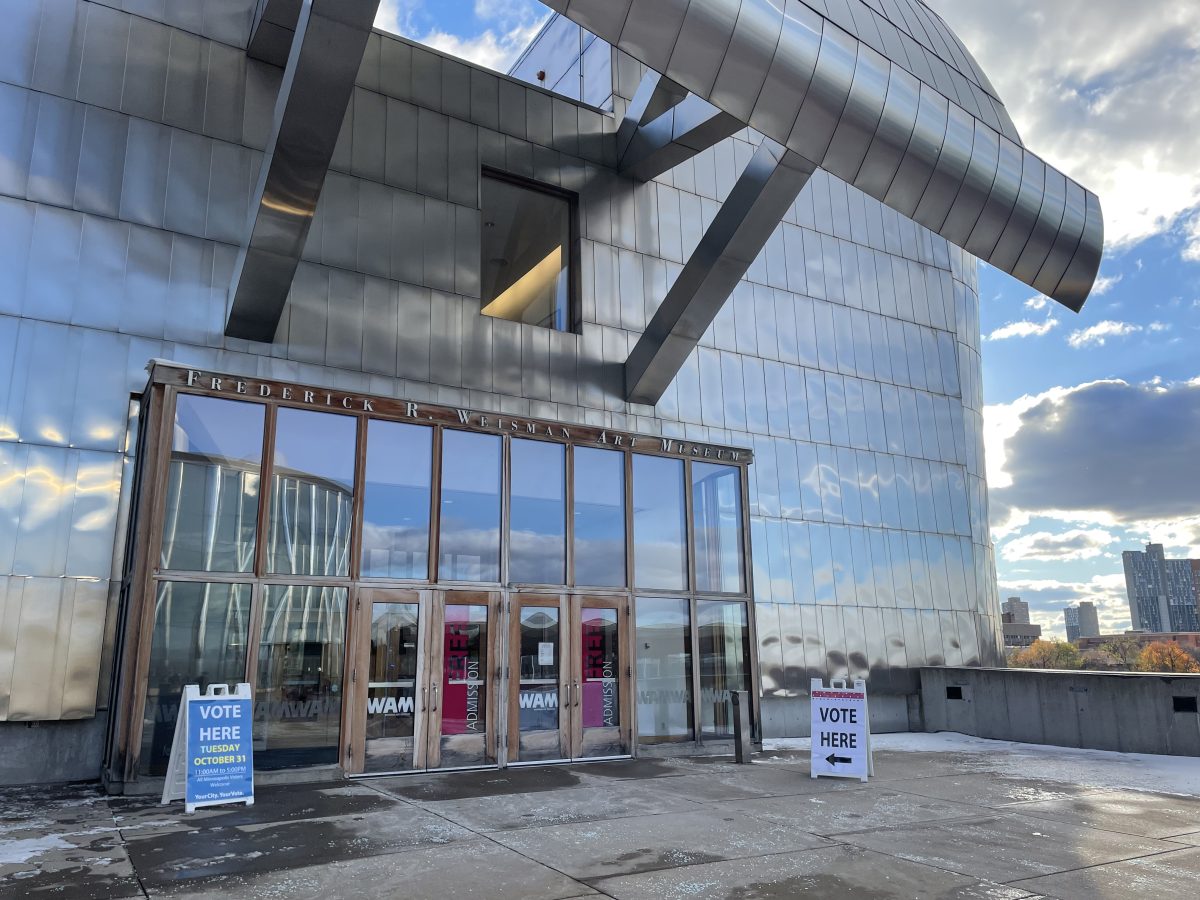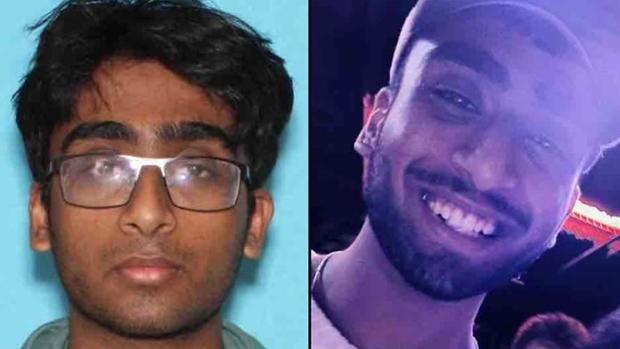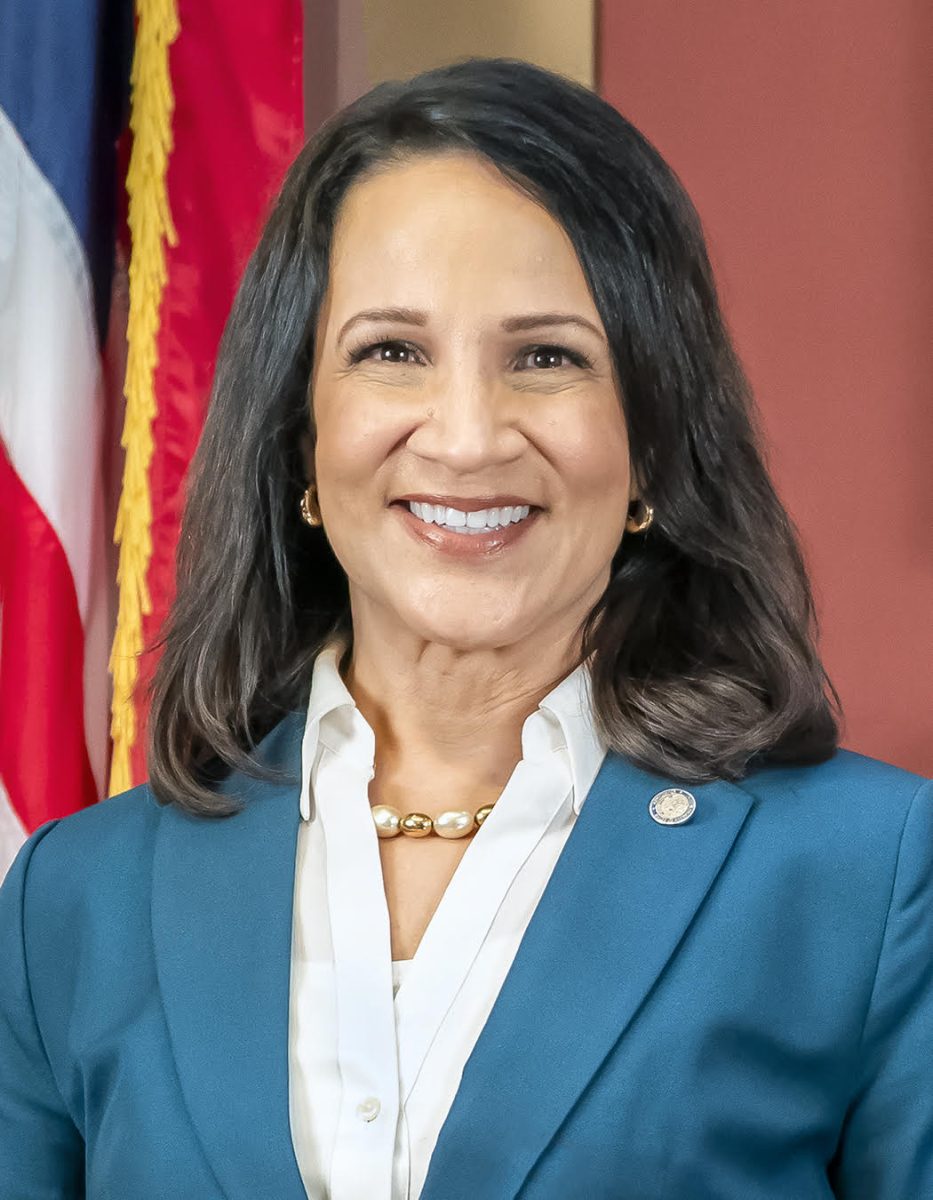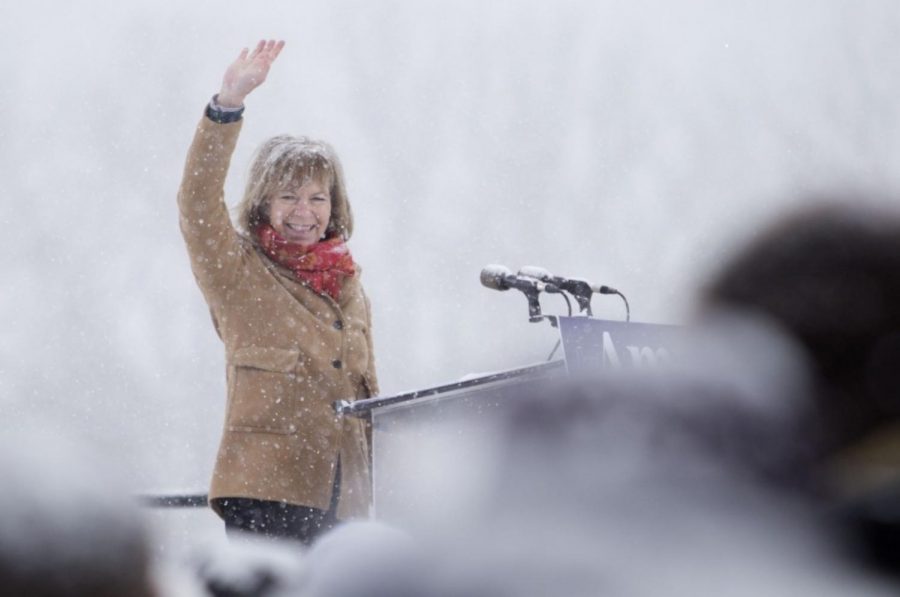Several local mosques have begun to consider locking their doors for the week due to concerns of targeted violence as President-elect Joe Biden’s inauguration is on the horizon.
On Tuesday, multiple Muslim community leaders met at Seward neighborhood’s Tawfiq Islamic Center to discuss public safety concerns with Hennepin County Sheriff David Hutchinson and sheriff’s office administrative assistant Abdi Mohamed. After the meeting, the mosque locked its doors for the remainder of the week.
Recent violence committed against East African elders in south Minneapolis and threats of violence at the state Capitol following the Jan. 6 insurrection attempt have aggravated these fears.
Community leader Abdirizak Bihi was a victim of a carjacking in September near where the meeting was held. He said he and other leaders would be comforted by an increased police presence during this time but still hope to see substantial police reform in Minneapolis.
“There are a lot of unreported crimes due to language and cultural barrier,” he said. “This is not the first time [the community has been concerned about violence], and it will not be the last.”
Bihi said he plans to relay recommendations from the meeting to leadership at the Dar Al-Hijrah Mosque in Cedar-Riverside. Multiple imams were present at the meeting and are weighing closing their own mosques through the week.
Meeting attendees also discussed how community centers and mosques that are staying open through the week can stay safe.
Community members repeatedly asked Hutchinson if he recommended closures, but he said he was hesitant to officially make that call. He did offer more patrols near the city’s mosques upon request, depending on officers’ availability, and said his office could also provide community safety training to residents.
He encouraged blanket caution and increased vigilance in the coming weeks.
“Our goal is to make sure that you know we’re here for you,” Hutchinson said in the meeting. “The sheriff’s office is here for you.”
Hutchinson said mosques have a pivotal role in easing community members’ possible hesitation to call the police. He also recommended people use the non-emergency line to report any possible dangers and added that law enforcement will contact community leaders if they learn of any threats.
Community leaders and members from the sheriff’s office said anti-police sentiment can be an obstacle to community outreach efforts and crime reporting.
“We can have better training, hire more people,” Hutchinson said. “Being sheriff, I’m political by nature. But my only concern is people’s safety and public safety. I don’t care about anything else.”
Despite his wariness, Bihi is hopeful about the resilience of his community.
“This isn’t the first time for us as Muslims or those of us with an immigrant background,” Bihi said. “We know we will get over it. We will come out and be fine.”



